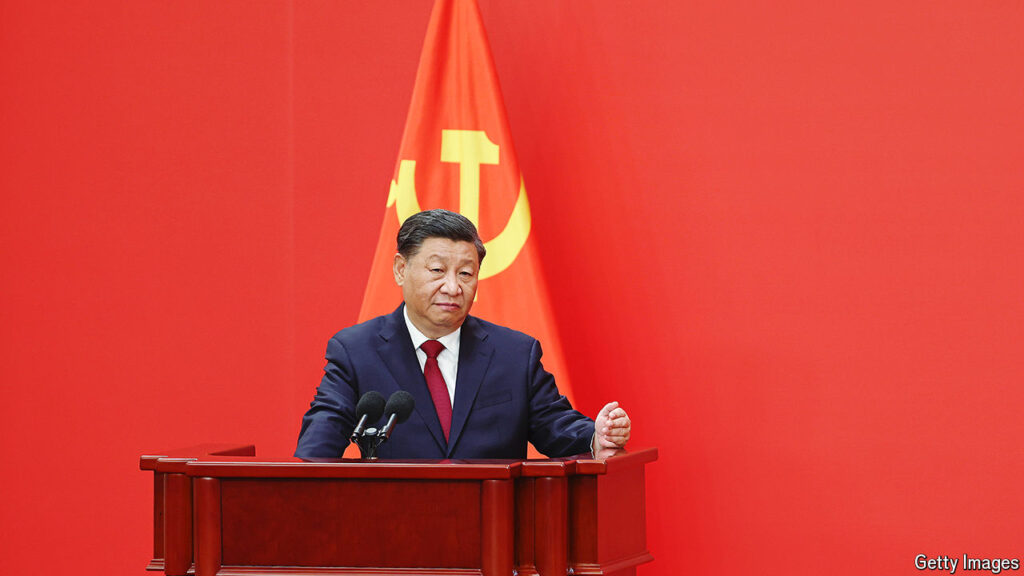In recent years, China’s leader Xi Jinping has faced increasing pressure to address a range of economic, political, and social challenges within the country. As he grapples with these issues, there are valuable lessons that he may learn from a pair of reform-minded academics, Zhang Weiying and Cai Hongbin. These two individuals have been vocal advocates for economic liberalization and political reform, and their ideas could provide valuable insights for Xi Jinping as he navigates the complex landscape of Chinese governance.
Zhang Weiying is a renowned economist and professor at Peking University, known for his staunch support of free-market principles and skepticism of government intervention in the economy. Cai Hongbin is a prominent scholar of political science, with a deep understanding of the intricacies of Chinese governance and the challenges facing the country’s political system. Together, their perspectives offer a powerful combination of economic expertise and political insight that could prove invaluable for Xi Jinping as he seeks to implement reforms in China.
One of the key lessons that Xi Jinping may learn from Zhang and Cai is the importance of allowing market forces to play a more significant role in driving economic growth. Both academics have argued that China’s state-dominated economy stifles innovation and hampers productivity, and have called for greater liberalization to unleash the potential of the private sector. By reducing government intervention and opening up markets to competition, Xi Jinping could create a more dynamic and efficient economy that is better equipped to withstand global challenges.
In addition to economic reform, Zhang and Cai have also emphasized the need for political liberalization in China. They have argued that the country’s authoritarian system stifles dissent and discourages innovation, undermining the potential for long-term stability and prosperity. By allowing greater political freedom and fostering a more open and transparent governance system, Xi Jinping could help to build a more resilient and responsive political system that is better able to address the needs and aspirations of China’s diverse population.
Another key lesson that Xi Jinping may learn from Zhang and Cai is the importance of investing in human capital and promoting entrepreneurship. Both academics have highlighted the central role that education and innovation play in driving economic growth and social development, and have called for greater investment in these areas to ensure that China remains competitive in the global economy. By fostering a culture of entrepreneurship and innovation, Xi Jinping could help to unleash the creative potential of China’s vast population and drive sustainable growth in the years to come.
Ultimately, the lessons that Zhang and Cai have to offer are grounded in a deep understanding of the challenges and opportunities facing China today. By embracing their vision of economic liberalization, political reform, and investment in human capital, Xi Jinping could pave the way for a more prosperous and inclusive future for the country. As he grapples with the complex issues that lie ahead, he would do well to consider the insights of these two reform-minded academics and harness their expertise to guide his leadership in the years to come.












